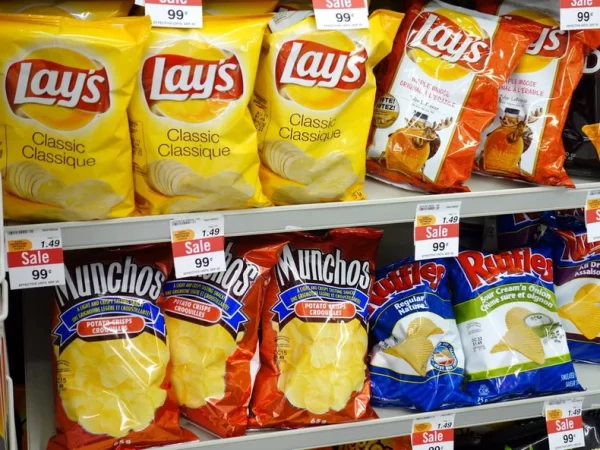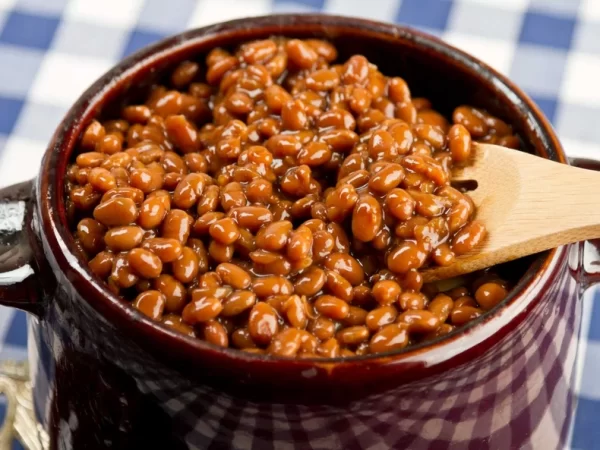Food
5 foods runners should avoid
Being an athlete is not an easy task. For any dedicated runner, it is important to fuel their body with the right nutrients to enhance performance and maintain overall health.
This means every runner needs to pay attention to their diet as certain foods can hinder their running goals.
Here are five foods every runner should avoid if they want to achieve their fitness aspirations;
1) Processed and fast foods

The usual processed and fast food diet contains unhealthy fats, excessive sodium, and empty calories. These foods provide little nutritional value and on the other hand, contribute to weight gain and inflammation, ultimately hindering running performance.
Runners should instead opt for whole, unprocessed foods like lean proteins, whole grains, and fresh fruits and vegetables, which offer essential vitamins, minerals, and antioxidants.
2) Sugary snacks and beverages

Another range of foods runners should avoid are sugary snacks and even beverages. While sugar can provide a quick burst of energy, relying on sugary snacks and beverages as a primary fuel source can be detrimental for runners.
Consuming high amounts of sugar leads to rapid blood sugar spikes followed by crashes, leaving runners feeling fatigued and lacking endurance. In addition to this, sugary foods contribute to inflammation and increase the risk of weight gain and chronic diseases. Natural sources of carbohydrates, such as whole fruits, sweet potatoes, and whole grains are a better option.
3) Greasy and fried foods

Greasy and fried foods, such as french fries, fried chicken, and greasy burgers, are also foods runners should avoid. This is because fried foods can negatively impact running performance.
These foods are high in unhealthy fats and can cause gastrointestinal distress, leading to discomfort and decreased stamina while running. Healthier alternatives like baked or grilled options, which reduce the intake of unhealthy fats while still offering delicious flavours should be considered by runners.
4) High-fibre foods

For the average person, a high-fibre diet is generally beneficial for digestive health. However, consuming fibre-rich foods right before a run can result in discomfort and gastrointestinal issues.
High-fibre foods, including beans, legumes, and cruciferous vegetables, take longer to digest and can cause bloating, gas, and even diarrhoea. To avoid digestive disturbances during running, it is best to consume these foods at least two to three hours beforehand and opt for easily digestible, low-fibre meals or snacks closer to your workout.
5) Alcohol

While enjoying an occasional drink may not have a significant impact on a runner’s overall fitness, excessive alcohol consumption can negatively affect their running performance.
Alcohol is a diuretic that depletes the water level of the body. This is bad for runners as they require adequate hydration during running otherwise they can get cramps. In addition, alcohol hinders the body’s ability to absorb nutrients, leading to compromised performance and slower recovery times.
Avoiding such foods can help runners to optimise their running performance and reach their fitness goals more effectively.












